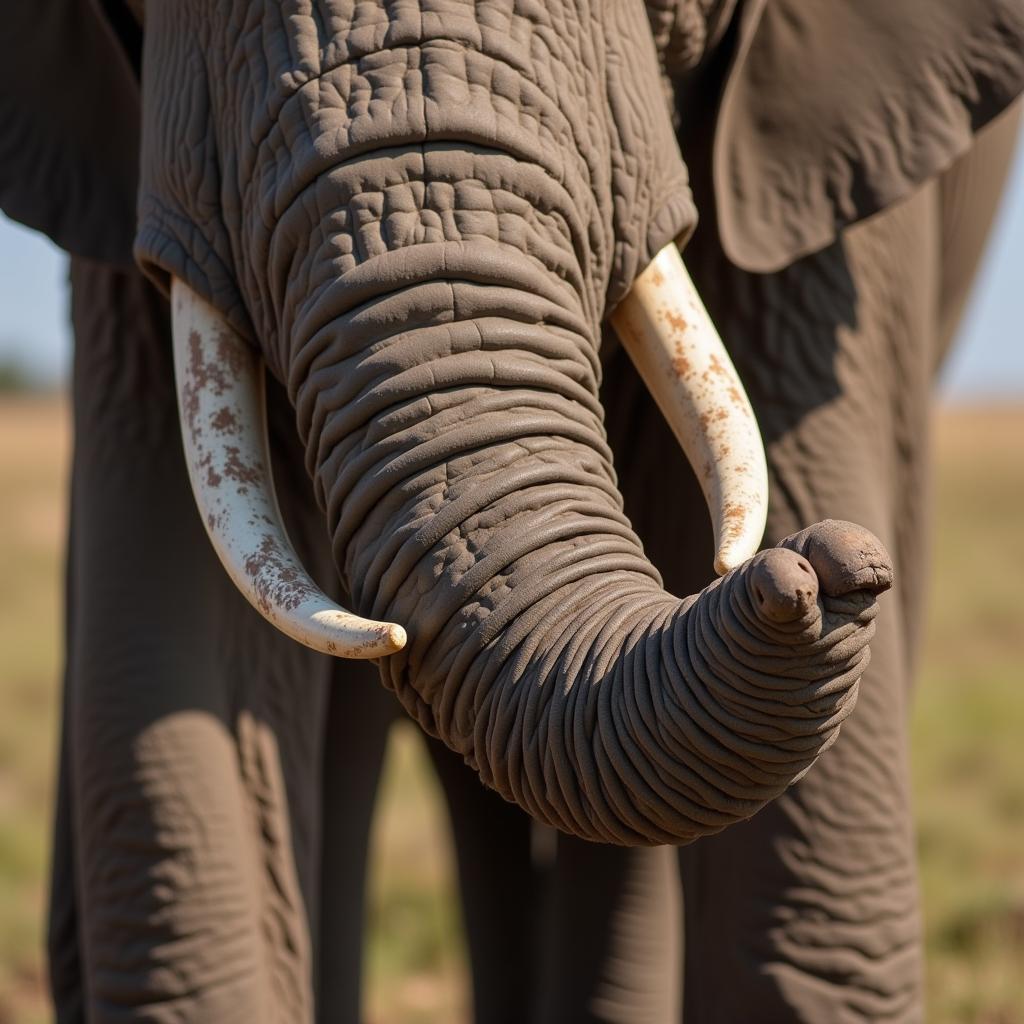Exploring the Fascinating World of African Bush Fish
African Bush Fish, a diverse group of freshwater fish inhabiting the rivers, lakes, and wetlands of Africa, have captivated the attention of aquarists and scientists alike. From their unique adaptations to their vibrant colors and intriguing behaviors, African bush fish offer a glimpse into the continent’s rich biodiversity. This article delves into the captivating world of these aquatic wonders, exploring their diversity, ecological significance, and the challenges they face.
A Diverse Family Tree: Unveiling the Variety of African Bush Fish
The term “African bush fish” encompasses a wide array of species, each with its own distinctive characteristics. One of the most well-known groups is the cichlids, renowned for their striking colors and complex social behaviors. Found in abundance in the Great Lakes of East Africa, cichlids exhibit an extraordinary level of diversity, with hundreds of species evolving within these isolated ecosystems.
Another fascinating group is the lungfish, ancient fish capable of surviving in oxygen-depleted waters by breathing air. These remarkable creatures, with their fleshy fins resembling limbs, offer a glimpse into the evolutionary transition from water to land.
Beyond cichlids and lungfish, numerous other families of fish thrive in Africa’s diverse freshwater habitats. Catfish, known for their whisker-like barbels, are bottom-dwellers playing a crucial role in nutrient cycling. The electric fish, with their ability to generate electric fields for navigation and communication, showcase the remarkable adaptations found within this group.
A Vital Link: The Ecological Role of African Bush Fish
African bush fish play a crucial role in maintaining the health and balance of their aquatic ecosystems. As predators, prey, and scavengers, they contribute to the intricate food webs that sustain life in these habitats. Some species, like the cichlids, are known for their algae-grazing habits, helping to control algal growth and maintain water clarity.
Furthermore, many African bush fish serve as indicators of environmental health. Their presence, abundance, and distribution patterns provide valuable insights into the overall condition of their habitats. Changes in their populations can signal environmental stressors such as pollution, habitat degradation, or climate change.
Navigating Threats: Challenges Facing African Bush Fish
Despite their ecological importance, African bush fish face numerous threats, many of which are linked to human activities. Overfishing, habitat loss and degradation due to deforestation, agriculture, and urban development are taking a toll on their populations.
The introduction of invasive species poses a significant threat, as these newcomers can outcompete native species for resources, disrupt food webs, and introduce diseases. Climate change, with its potential to alter water temperatures, flow regimes, and rainfall patterns, further exacerbates the challenges faced by these vulnerable creatures.
Conservation Efforts: Protecting Africa’s Aquatic Treasures
Recognizing the importance of African bush fish and the threats they face, conservation efforts are underway to protect these valuable species and their habitats. Establishing protected areas, such as national parks and reserves, helps safeguard critical habitats from further degradation.
Sustainable fishing practices, such as enforcing catch limits and gear restrictions, are crucial to prevent overexploitation. Public awareness campaigns play a vital role in educating communities about the importance of conservation and encouraging responsible fishing practices. Research and monitoring efforts are essential to gain a deeper understanding of African bush fish populations, their ecological roles, and the impacts of threats.
Conclusion
African bush fish, with their dazzling diversity, ecological significance, and the challenges they face, offer a window into the wonders and vulnerabilities of Africa’s freshwater ecosystems. By understanding their importance and working towards their conservation, we can ensure that these captivating creatures continue to thrive for generations to come. For more information on the African Crocodile diet and other fascinating wildlife, you can explore our article on african crocodile diet.



